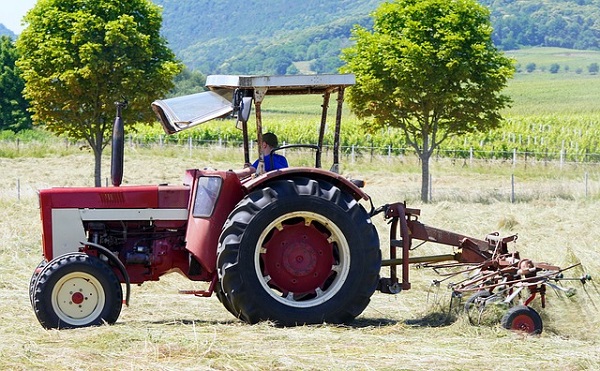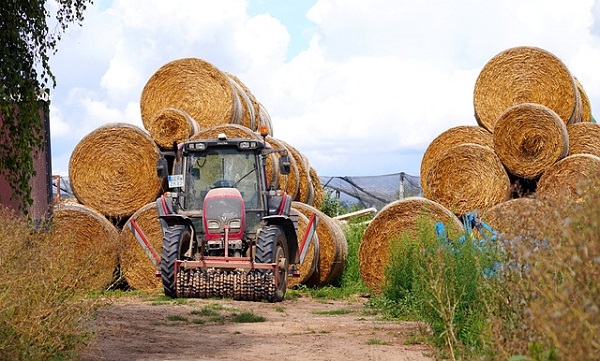What is Cooperative Farming?
Cooperative farming, or “co-op farming,” is an agricultural practice where a group of farmers pool their resources and work together to achieve common goals. This model emphasizes shared ownership, collective decision-making, and equitable distribution of profits. By collaborating, farmers can reduce individual risks, increase their bargaining power, and access resources and markets that might be out of reach for solo operators.
Benefits of Cooperative Farming

- Shared Resources: Co-op members can share expensive machinery, tools, and infrastructure, reducing individual costs.
- Market Access: Collectively, farmers can negotiate better prices and access larger markets.
- Risk Mitigation: Shared financial risk can provide a safety net during tough times.
- Knowledge Exchange: Members can learn from each other’s experiences and expertise.
- Community Building: Co-ops foster a sense of community and support among members.
How to Set Up a Cooperative Farm

- Identify Like-minded Farmers: Start by finding farmers who share your vision and values. Cooperative farming requires a high level of trust and collaboration.
- Legal Structure: Choose a legal structure for your co-op, such as a cooperative corporation or a limited liability company (LLC). This will depend on your location and specific needs.
- Develop a Business Plan: Outline your cooperative’s goals, operational plans, financial projections, and marketing strategies.
- Create Bylaws: Establish rules and guidelines for membership, decision-making processes, profit distribution, and conflict resolution.
- Secure Funding: Look for grants, loans, or member contributions to fund initial setup costs. Many government programs support cooperative farming initiatives.
- Acquire Land and Resources: Purchase or lease land and invest in necessary equipment and infrastructure.
- Start Farming: Begin your farming operations, keeping in mind the cooperative principles of shared responsibility and benefit.
Trends in Cooperative Farming

- Sustainability Focus: Many cooperative farms prioritize sustainable and regenerative farming practices, which are gaining popularity among consumers and policymakers.
- Tech Integration: Co-ops are increasingly using technology for precision farming, data analysis, and efficient resource management.
- Community Supported Agriculture (CSA): Co-op farms often engage in CSA programs, where members or local residents buy shares of the harvest, providing a stable income stream.
- Diversification: Cooperative farms are diversifying their operations to include agritourism, educational workshops, and value-added products like jams and cheeses.
- Urban Co-ops: With the rise of urban agriculture, cooperative farming models are being adapted for city environments, allowing urban dwellers to participate in local food production.
Success Stories
- Organic Valley: One of the largest organic farming co-ops in the U.S., Organic Valley, has successfully brought together farmers to produce and market organic dairy, produce, and meat.
- La Via Campesina: An international movement of peasants, small- and medium-sized producers, agricultural workers, and indigenous communities that promotes cooperative farming as a means to achieve food sovereignty.
Challenges and Solutions
- Conflict Resolution: Clear communication and established bylaws are crucial for resolving disputes among members.
- Financial Management: Effective financial planning and management ensure the sustainability of the co-op.
- Member Engagement: Keeping all members engaged and active in the co-op’s operations and decision-making processes is vital for success.
Conclusion
Cooperative farming is more than just a way to grow food; it’s a model that fosters community, sustainability, and resilience. By working together, farmers can achieve greater success and build a more equitable and sustainable agricultural system. Whether you’re a seasoned farmer or new to agriculture, cooperative farming offers a promising path forward.


This is truly the latest in people helping each other!